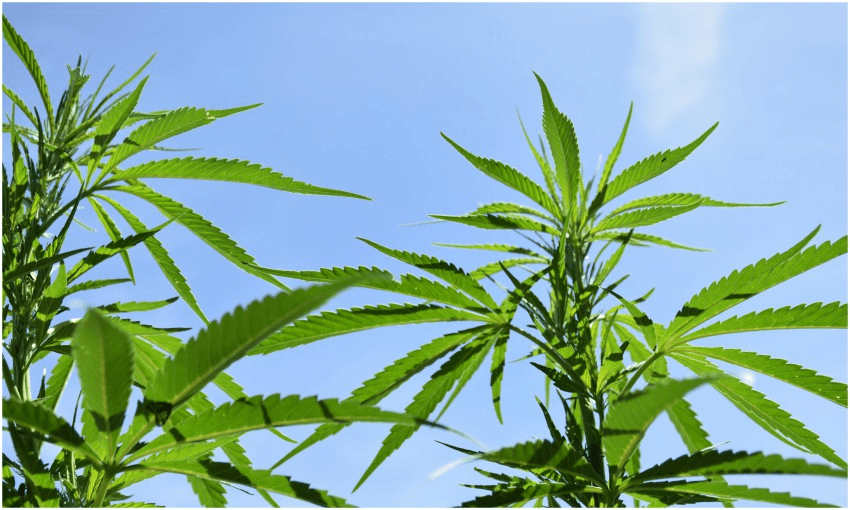By a narrow margin, the cannabis legalisation and control bill has been voted down based on preliminary referendum results. There remains, however, a slim chance it could still win on special votes.
On preliminary results, the cannabis legalisation and control bill will not become law, after falling short at the referendum.
The Electoral Commision announced 46.1% of voters were in favour of the bill, while 53.1% of voters were against it. In raw vote totals, 1,114,485 people voted in favour, while 1,281,818 people voted against. That is a difference of 167,333.
Today’s results do not include a tally of almost 500,000 special votes, cast by a combination of people voting outside their electorate, New Zealanders overseas, and those who enrolled during the formal election campaign.
Generally special votes lean left, which correlates with higher support for legalisation. However, those special votes would need to break in favour of cannabis legalisation by a margin of more than 2-1.
The referendum took place as a result of a commitment in the confidence and supply agreement signed between Labour and the Greens in 2017.
The Cannabis Legalisation and Control bill was introduced to parliament in the name of justice minister Andrew Little, and it has been heavily supported over the term by Green MP Chlöe Swarbrick.
Swarbrick wasn’t throwing in the towel. “Today’s result shows what we had long assumed, that it was going to be really close and that we need to wait for the specials to be sure of the result,” she said.
“We have said from the outset that this would always come down to voter turnout. We’ve had record numbers of special votes, so I remain optimistic … Many who have traditionally felt disenfranchised by the political system may have their voices heard at the specials. We’ll wait to see how that plays out next week”.
Speaking at a press conference after the results, Say Nope to Dope spokesperson Aaron Ironside said the result was a win for common sense, and for less usage among young people.
“This is the right result. We don’t expect young people to applaud us for it, but we know we’ve done the right thing by them. We’ve used our freedom to protect them today.”
The referendum was specifically around legalising recreational cannabis. However many advocates for medicinal cannabis argued that a yes vote would have opened access to medicinal users, given current barriers to treatment.
The Cannabis Legalisation and Control bill has no effect on the legal status of drugged driving, which is illegal. Roadside drug testing is expected to be rolled out in 2021. Opponents of legalisation argued that it would lead to an increase in accidents caused by stoned drivers.
The bill has not yet gone through the select committee process of parliament, meaning that it would not have come into effect immediately, and provided opportunities for MPs to make changes.
Both Labour and the Greens have committed to passing the legislation through parliament this term, contingent on the non-binding referendum passing. In a release, justice minister Andrew Little today said “the incoming government will respect the result of both referendums”, and if it does not pass the legislation will not be introduced.
Under the existing legislation, a purchase limit of 14 grams per day would have applied. Cannabis could only be sold from licensed premises. Individual growers would be permitted to grow up to two plants, with a maximum of four per household.
The legislation would not allow consumption of cannabis in public, outside of licensed premises. Consumption at private households would be permitted.
Packaging requirements would apply, similar to plain packaging legislation for tobacco. Advertising and sponsorship by cannabis companies would be banned.
The campaign was also marked by claim and counter-claim by both sides about their opponents using misinformation to advance their cause.
Polling over the course of the year has been volatile, but the One News Colmar Brunton poll generally showed legalisation losing. Other surveys ahead of the election, conducted by UMR, Horizon and Research NZ, showed legalisation winning by a narrow margin.
Many MPs declined to say how they were planning on voting, including PM Jacinda Ardern. The entire National caucus declared they would vote against legalisation.
The referendum on the End of Life Choice Act was passed by a large majority, 65.2% to 33.8%.

